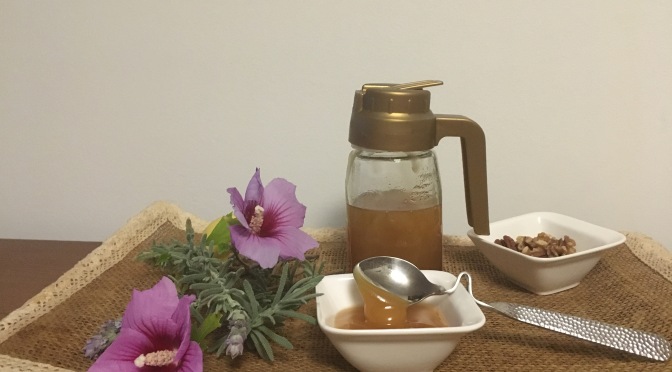From some of my previous posts you may already know that honey has numerous health benefits. This post will explore the evidence behind honey for good eyesight.
Eyesight is an incredibly important sense which unfortunately worsens with age. Honey is known for its anti-inflammatory and antimicrobial properties, which have the potential to help in several eye conditions.

In a double-blind clinical trial with 60 volunteers, saline drops containing honey were applied to treat keratoconjunctivitis (inflammation of the cornea). The results indicated that topical honey eye drops may be an adequate treatment of this inflammation due to dryness.
In animal models, honey’s antimicrobial properties have demonstrated that they may accelerate the healing of corneal ulcers (abrasions in the outer layer of the eye). Although, more human trials are needed to confirm this effect.
All in all, evidence supports the role of honey in several eye conditions.
Stay tuned for more posts on the benefits of honey!







